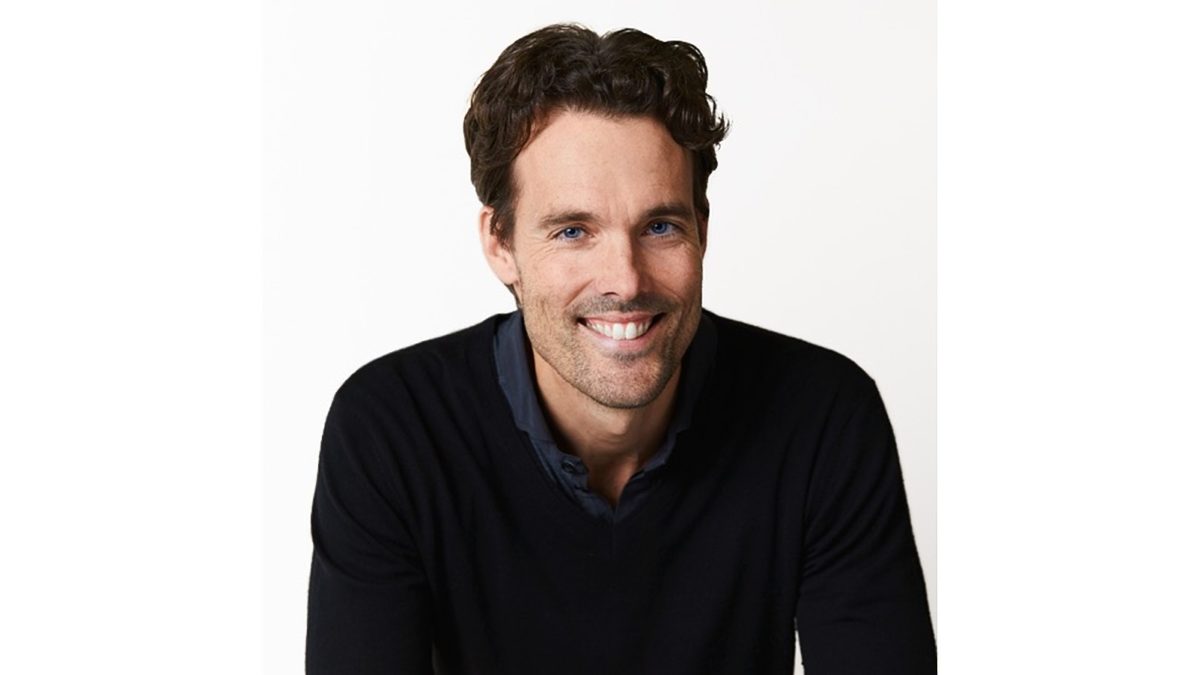“Technology trends are fast and unstoppable”
Philipp Schindler, Google's Chief Business Officer, talks to us about digital trends and DMEXCO 2018.

Philipp, you’re from Düsseldorf, so you’re Rhinelanders yourself. Why do you think Cologne is a good location for DMEXCO?
Cologne is an important business location: strong economy, good infrastructure – everything here is about growth. I once read that Cologne is the most business-friendly metropolis in Germany in its size category. Of course, the trade fairs also play a part in this, above all DMEXCO. The most important decision-makers from the fields of digital business, marketing and innovation meet here and exchange ideas. I’m happy to be a part of it this year.
What do you need to bring to be as successful on the World Wide Web as you are?
I was fascinated by technology from a very early age, which is why I would experiment with my game console when I was a child. I was curious and wanted to understand the processes behind things, I was really obsessed. Success on the World Wide Web requires courage and a sense of innovation – a certain willingness to take risks, if you will. At the same time, technical know-how is essential. You have to test lots of things without really knowing one hundred percent whether they work beforehand.
As Google’s Chief Business Officer and member of the Board of Directors, you have been living in the USA since 2012 – how do you see the current developments in the digital economy in Germany and Europe through American glasses?
Overall, the digital economy in Germany is developing somewhat more slowly than in America. New technologies are adapted with a time lag; caution and skepticism are more deeply rooted in German culture. Germans are afraid of failure. Not all structural requirements are in place yet either, there is room to expand the digital infrastructure. At the same time, certain areas are catching up and making progress. One example: Germans may love their cash, but through our G-Pay partnerships with major banks such as Commerzbank, we are observing a rethink and a change. In the private segment, smart speakers are becoming more and more established. In general, I believe that Germany has great potential: thanks to highly qualified specialists, the country definitely has what it takes in terms of technological competence.
The motto of DMEXCO18 is “TAKE C.A.R.E.” and is an appeal to providers and visitors to take responsibility for digitalization. The GDPR has been keeping many companies here in Germany busy. What does this mean for Google and the digital advertising industry?
Protecting the privacy of our users, being transparent towards them and giving them the opportunity to freely decide on their data is our top priority. These credos are firmly anchored in our DNA and can be found in all of our products. We have been investing in the privacy of our users for years and constantly update our data protection guidelines. It is important to us that users can directly see, understand and control how we use their data. The GDPR means more transparency, more control and better data portability for users. We want to continue to be the leader in data protection in the digital advertising industry.
How do you see the future of digital advertising? Which current trends are promising, in your opinion?
Computer technology undergoes a major upheaval every few years: from PCs to the web to mobile. The next development on the horizon is machine learning. ML raises user expectations and presents marketers with new and unexpected challenges.
Artificial intelligence and machine learning help companies meet precisely these new user needs. For brands, for example, voice assistants represent an additional channel for reaching consumers in new ways and offering services. So companies can react to developments in consumer behavior and live up to user expectations about simplifying everyday life.
Your digital roots stretch back as far as Compuserve and AOL Germany. These former pioneers and major players are unlikely to be familiar to the “digital natives” of today. What does this experience teach the Internet giants of our time?
Technology trends are fast and unstoppable; innovations are growing exponentially. Whether an innovation is successful or not cannot be predicted – by anyone. An important aspect is to understand technology, to use it actively and to embrace it. Companies are faced with the challenge of constantly reacting to technical developments and adapting to new needs.
One example is the media industry: publishing houses have been fundamentally changed by digitalization. The promotion of journalism, media companies and publishing houses has been an important task for Google for many years. Our common goal: to provide access to information. Publishing houses are our partners and we want to help them succeed in the digital world. That’s why we launched the Google News Initiative earlier this year.
Google has recently invested more than half a billion dollars in the Alibaba competitor JD.com. What role does the partnership with Carrefour play?
Our goal is to build a global supporting retail ecosystem that takes into account both the needs of consumers for a pleasant and smooth shopping experience and the needs of retailers.
We want to help small, local businesses and large retailers succeed in a competitive environment. To do this, we provide them with tools so they can grow online.
With regard to our partnership with Carrefour, we provide our know-how, access to new sales platforms, such as voice assistants, cloud infrastructure, AI and workforce tools to support Carrefour’s business digitally. We benefit from Carrefour’s expertise in products, logistics and sales.
In general, we focus on contributing to success across industries. After all, a diverse economy must be good for everyone: both industry and consumers.





